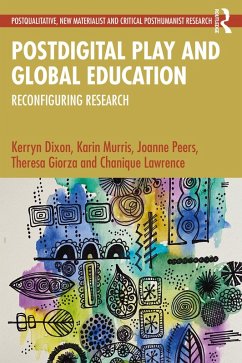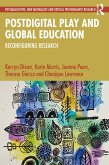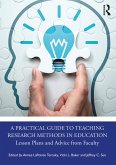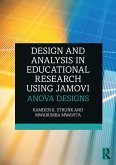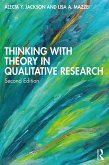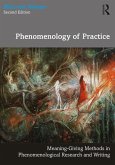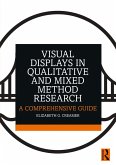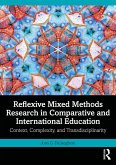The concept of 'postdigital' offers fresh opportunities to disrupt dominant understandings of children's play. Play emerges as an enigmatic and shape-shifting human and more-than-human agentic force that operates beyond digital/non-digital, online/ offline binaries. By attuning to race, gender, age and language, invisible and colonising aspects of postdigital worldings the authors show how global education research can be reimagined through a posthumanist decentering of children without erasure.
Postdigital Play and Global Education puts into practice Karen Barad's agential realism, but also a range of postdevelopmental and posthumanist writings from diverse fields. The book will be of particular interest to researchers looking for guidance to enact agential realist and posthumanist philosophies in research involving young children.
Dieser Download kann aus rechtlichen Gründen nur mit Rechnungsadresse in A, B, BG, CY, CZ, D, DK, EW, E, FIN, F, GR, HR, H, IRL, I, LT, L, LR, M, NL, PL, P, R, S, SLO, SK ausgeliefert werden.
Professor Annette Woods, School of Early Childhood and Inclusive Education. Queensland University of Technology
Staying with the discomfort produced by having to conform to the requirements of a large-scale international research project, these researchers from the Global South re-turn to the data they collected. They show how data reveals itself differently in relation to posthuman, postdigital and decolonial theories. Concepts and methods relating to the Posts- are clearly explained and put to work, unsettling taken for granted assumptions about developmentalism, play and quantitative research methods. This opens the way for re-imaginings of research subjects, transcription, research sites and data analysis, in other words, for doing research differently. This accessible account is a must for scholars interested in undertaking postqualitative research.
Hilary Janks, Professor Emerita University of the Witwatersrand, South Africa

